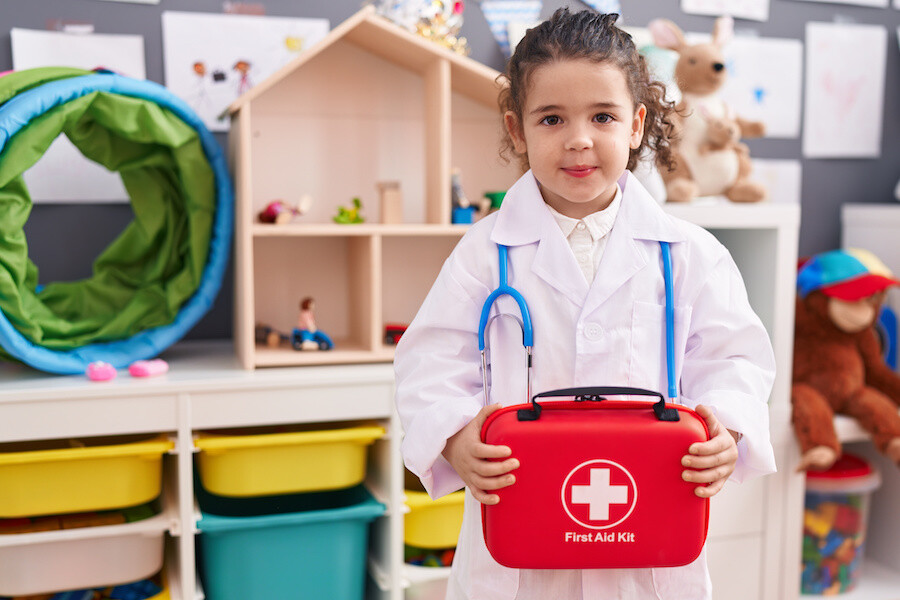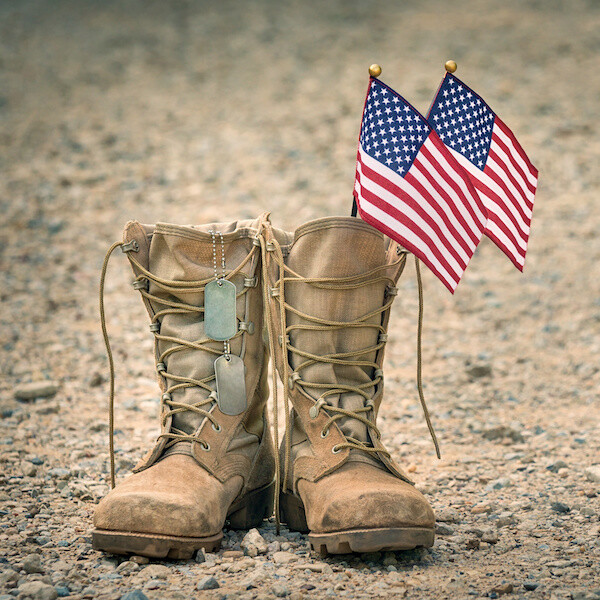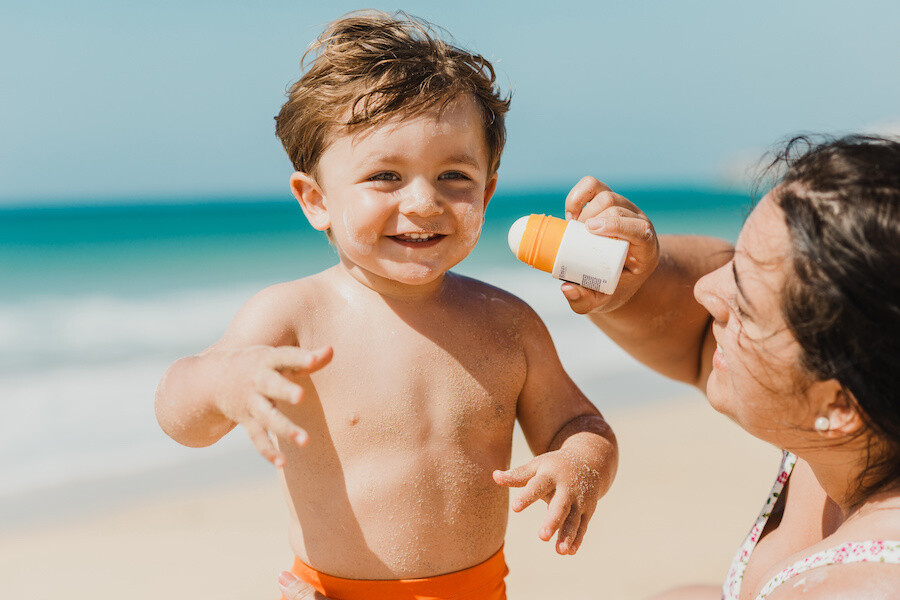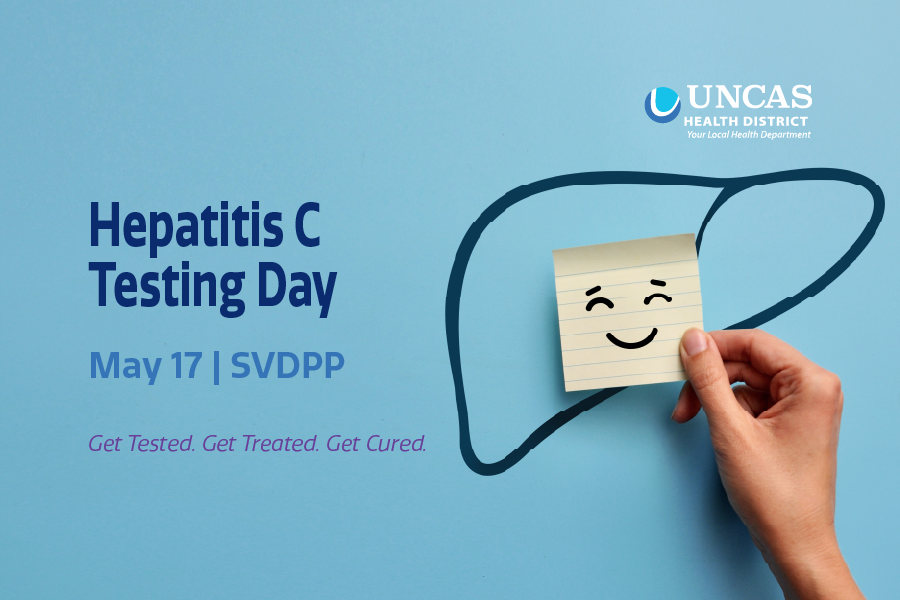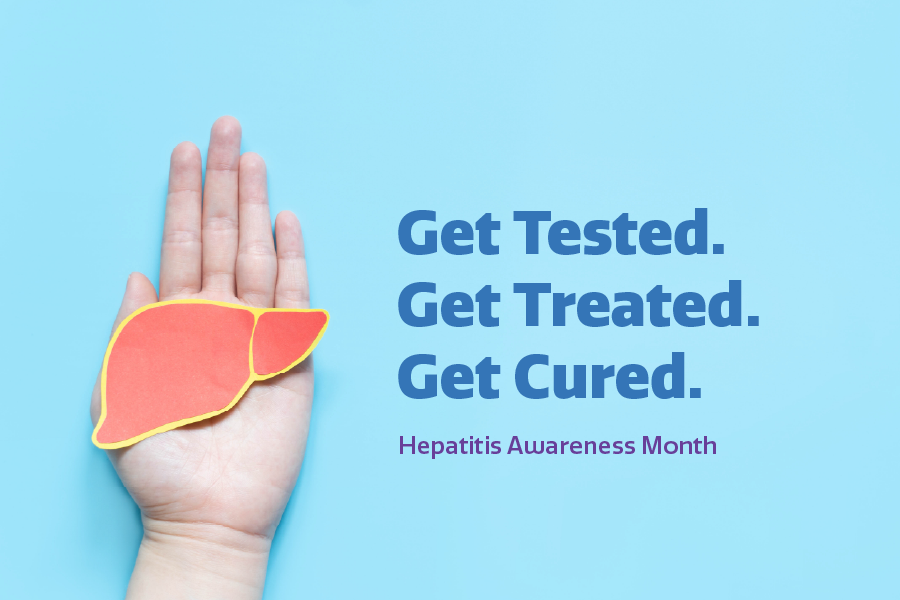June is National Safety Month, a dedicated time to raise awareness about preventing injuries and accidents. But safety shouldn’t be confined to just one month — here are some easy-to-implement tips to keep yourself and your loved ones safe all year round.
Be Prepared with a First-Aid Kit
Accidents happen. Having a well-stocked first-aid kit readily available at home, in the car, or at work can make a big difference in treating minor injuries. Review the contents of your kit regularly and replace expired items.
Safety First at Work
If your job involves potentially hazardous conditions, following safety guidelines is paramount. This includes wearing high-visibility clothing in low-light environments, using proper footwear with good traction, and ensuring all equipment is functioning correctly before operating it. Don’t be afraid to speak up if you see unsafe practices – your voice can prevent accidents.
Road Safety
While it’s always important to practice safe and cautious driving, June is a month to remember that school is out — kids will be out playing, there is an increase in road work — which can put workers at risk of injury or death, and motorcycles are out — but are often less visible than most other vehicles on the road.
Reduce Risks
Sometimes, the best safety measure is simply removing potential hazards. Take a look around your home and workplace. Are there loose cords, tripping hazards, or cluttered walkways? By keeping your environment organized and clutter-free, you significantly reduce the risk of slips, trips, and falls.
Prepare for Emergencies
Disasters can strike at any time. Being prepared can minimize stress and confusion in the face of an emergency. Work with your family to create an emergency plan that outlines evacuation routes, communication strategies, and meeting locations. Regularly update your plan and conduct practice drills to ensure everyone knows what to do.
By incorporating these simple steps into your daily routine, you can significantly reduce the risk of accidents and injuries for yourself and those around you. Remember, safety is a shared responsibility – let’s all work together to make every month a safe month!
Bonus Tip: National Safety Council (https://www.nsc.org/) offers a wealth of resources on safety in the workplace, at home, and on the road. Take some time this June to explore their website and learn more about how you can stay safe!
